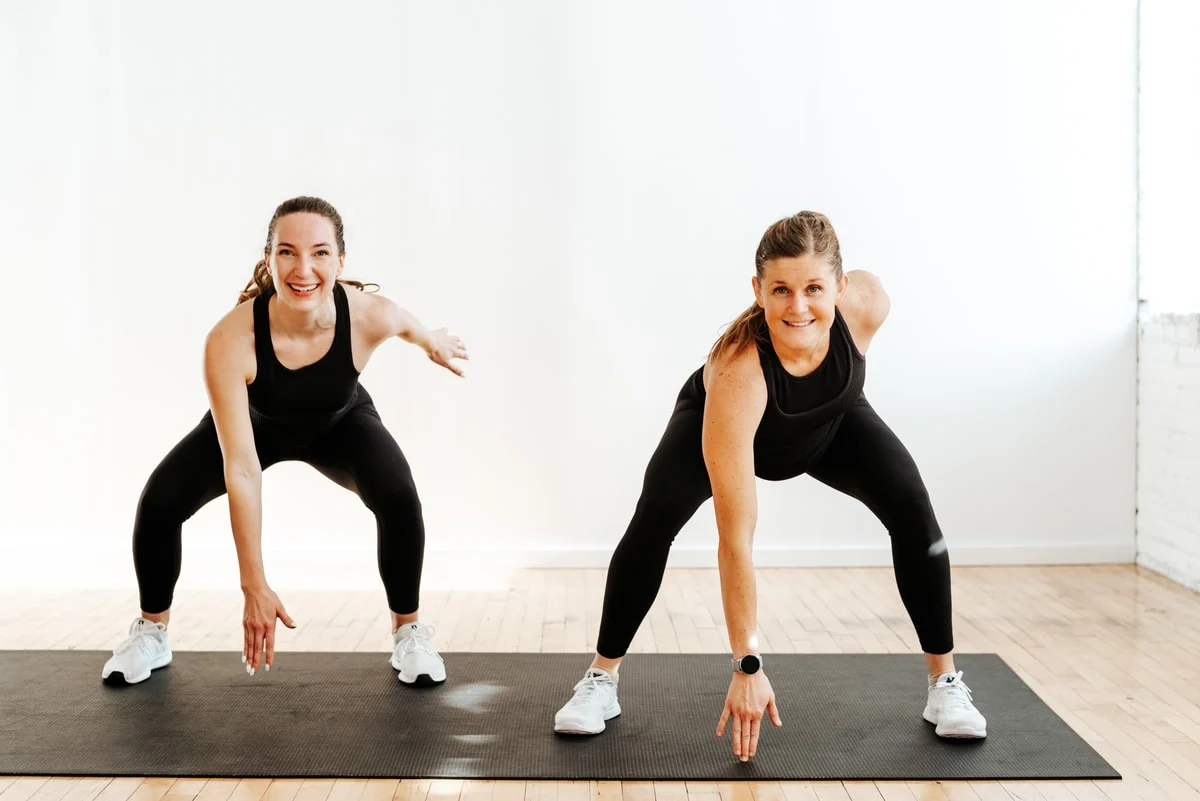amicitaacademy – Cardiovascular workouts, often referred to as cardio, are any exercises that increase your heart rate and promote better circulation of blood throughout the body. Whether you’re jogging, cycling, swimming, or engaging in group fitness classes, cardio plays a vital role in overall health and fitness.
What is Cardiovascular Exercise?
Cardio exercises are activities that elevate your heart rate and enhance your body’s ability to deliver oxygen to your muscles. They can be categorized into two main types:
- Aerobic Exercise: Activities that are sustained over a longer period, such as running, cycling, or dancing. These exercises improve endurance and overall cardiovascular health.
- Anaerobic Exercise: High-intensity workouts, like sprinting or interval training, that are performed for shorter bursts. These exercises build strength and power.
Benefits of Cardiovascular Workouts
- Improved Heart Health: Regular cardio strengthens the heart muscle, allowing it to pump blood more efficiently. This can reduce the risk of heart disease and lower blood pressure.
- Weight Management: Cardio is effective for burning calories and can help in weight loss or maintenance when combined with a balanced diet.
- Enhanced Endurance: Consistent cardio training improves your stamina, making daily activities easier and less tiring.
- Boosted Mood: Cardiovascular exercise stimulates the release of endorphins, known as the “feel-good” hormones, which can alleviate stress and anxiety.
- Better Sleep: Regular cardiovascular workouts can contribute to improved sleep quality and duration, promoting overall well-being.
- Increased Lung Capacity: Engaging in cardio strengthens the lungs, enhancing their ability to take in oxygen and expel carbon dioxide more effectively.
- Improved Blood Sugar Control: Cardio can help regulate blood sugar levels, which is especially beneficial for individuals with diabetes.
How to Get Started with Cardiovascular Workouts
- Choose Activities You Enjoy: Whether it’s dancing, swimming, or hiking, find activities that excite you. Enjoyment increases the likelihood of sticking with a routine.
- Set Realistic Goals: Start with achievable goals, such as exercising for 20-30 minutes a few times a week, and gradually increase the duration and intensity.
- Mix It Up: Incorporate a variety of cardio exercises to prevent boredom and work different muscle groups. This could include cycling one day, running another, and taking a dance class on the weekend.
- Listen to Your Body: It’s essential to pay attention to how your body responds. If you feel pain or extreme fatigue, take a break and consult a healthcare professional if necessary.
- Stay Consistent: Aim for at least 150 minutes of moderate-intensity cardio or 75 minutes of high-intensity cardio each week, as recommended by health organizations.
Tips for Maximizing Your Cardiovascular Workouts
- Warm-Up and Cool Down: Always start with a warm-up to prepare your body and finish with a cool-down to help with recovery.
- Use Proper Technique: Focus on maintaining good form during your exercises to reduce the risk of injury.
- Incorporate Interval Training: Adding short bursts of high intensity followed by lower intensity can increase calorie burn and improve cardiovascular fitness.
- Stay Hydrated: Drink plenty of water before, during, and after your workout to stay hydrated.
- Track Your Progress: Keep a record of your workouts to monitor improvements in endurance and fitness levels over time.
Conclusion
Cardiovascular workouts are a cornerstone of a healthy lifestyle. They offer numerous physical and mental health benefits, making them an essential component of any fitness routine. By finding enjoyable activities and maintaining a consistent schedule, you can enhance your cardiovascular health and overall well-being. Remember to listen to your body, mix up your workouts, and most importantly, have fun!

